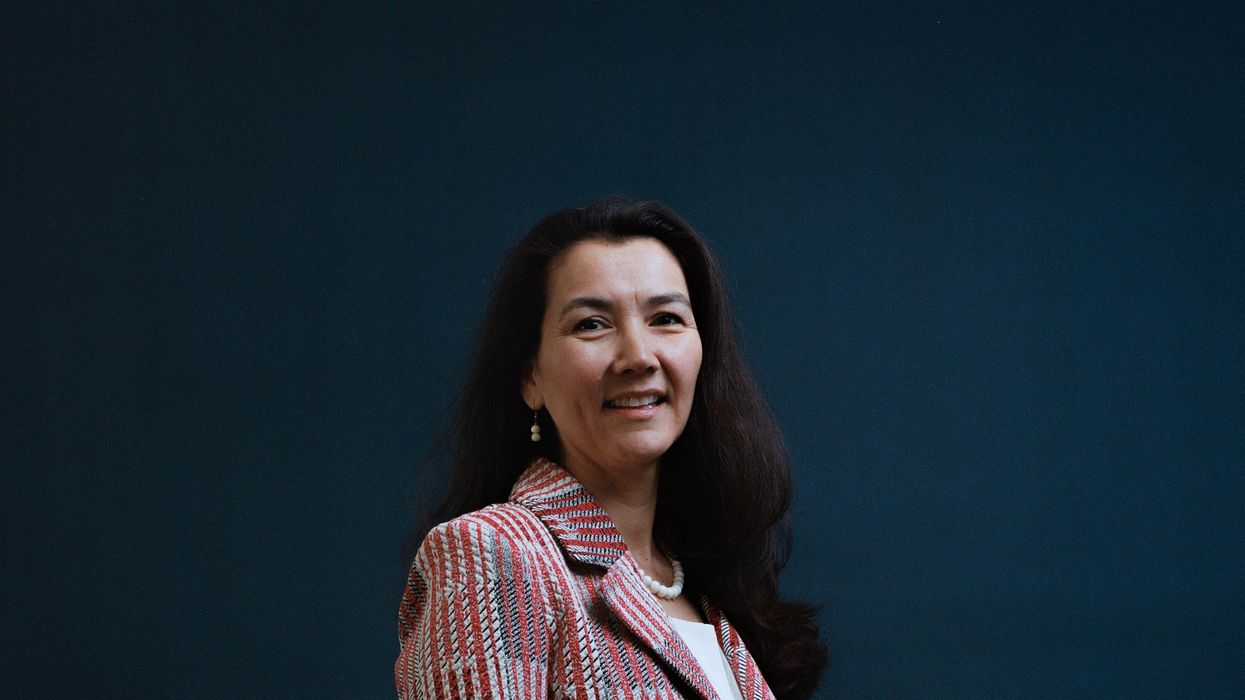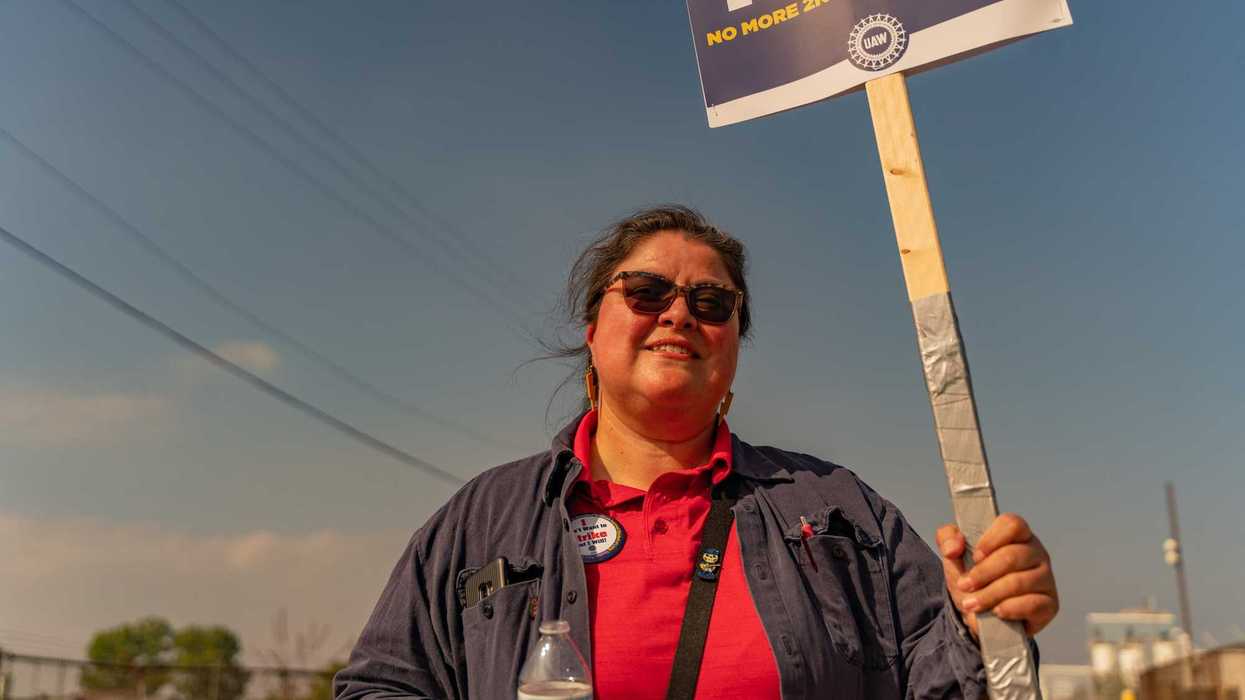Democrat Mary Peltola was declared the winner of a special election in Alaska on Wednesday, becoming the first Native American to serve in the House of Representatives and the first Democrat to hold the seat in 50 years.
And if it hadn’t been for the state’s switch to open primaries and ranked-choice voting, the result could have been quite different.
Two years ago, the voters of Alaska approved a ballot measure that created a unique election system that combines a “top four” primary with RCV. The state starts with a nonpartisan, open primary in which all candidates compete on one ballot and the four who amass the most votes advance to the general election, regardless of party.
Then, in the general election, the candidates compete in a ranked-choice election. Voters can rank the candidates in order of preference, and if no one receives a majority of the votes, the last-place candidate is eliminated and their support is redistributed to voters’ next choice. The process continues until someone has a majority.
In the June 11 primary, to replace the late Rep. Don Young, Peltola finished fourth, behind Republicans Sarah Palin and Nick Begich and independent Al Gross. After the primary was complete, Gross dropped out of the race, leaving just three candidates for the general election.
In the Aug. 16 general election, Peltola led after the initial ballot count with 75,761 votes, but just 40 percent of the total. Palin was second with 58,945, about 5,200 more than Begich. So Begich was eliminated and his ballots were redistributed per his supporters’ rankings. While Palin did pick up most of the Begich ballots (27,042), it wasn’t enough to overcome Peltola’s new total of 91,206. More than 11,000 Begich voters did not list a second choice on their ballots.
While the system has critics who argue RCV is too complicated, polls consistently show voters understand and like it.
Alaskans for Better Elections, which advocated for the new election system, commissioned an exit poll in conjunction with the special election. It found that 85 percent of voters found the ranked ballot to be “simple” or “very simple.” And 95 percent said they had received instructions on how to fill out the ballot.
“These are fantastic numbers - they really reflect the willingness of Alaskans to learn about our new system and understand the benefits,” said Jason Grenn, executive director for Alaskans for Better Elections. “It’s also a testament to the hard work of the Division of Elections and many organizations across the state who are determined to make sure our elections inspire confidence and work well for each and every Alaskan voter. We will continue to work with our fellow Alaskans to ensure these reforms are seen for what they are – nonpartisan, simple, and meant to put voters first.”
Republican Sen. Tom Cotton of Alaska, however, tweeted his opposition to RCV, calling it a “scam,” following Palin’s loss.




















Why does the Trump family always get a pass?